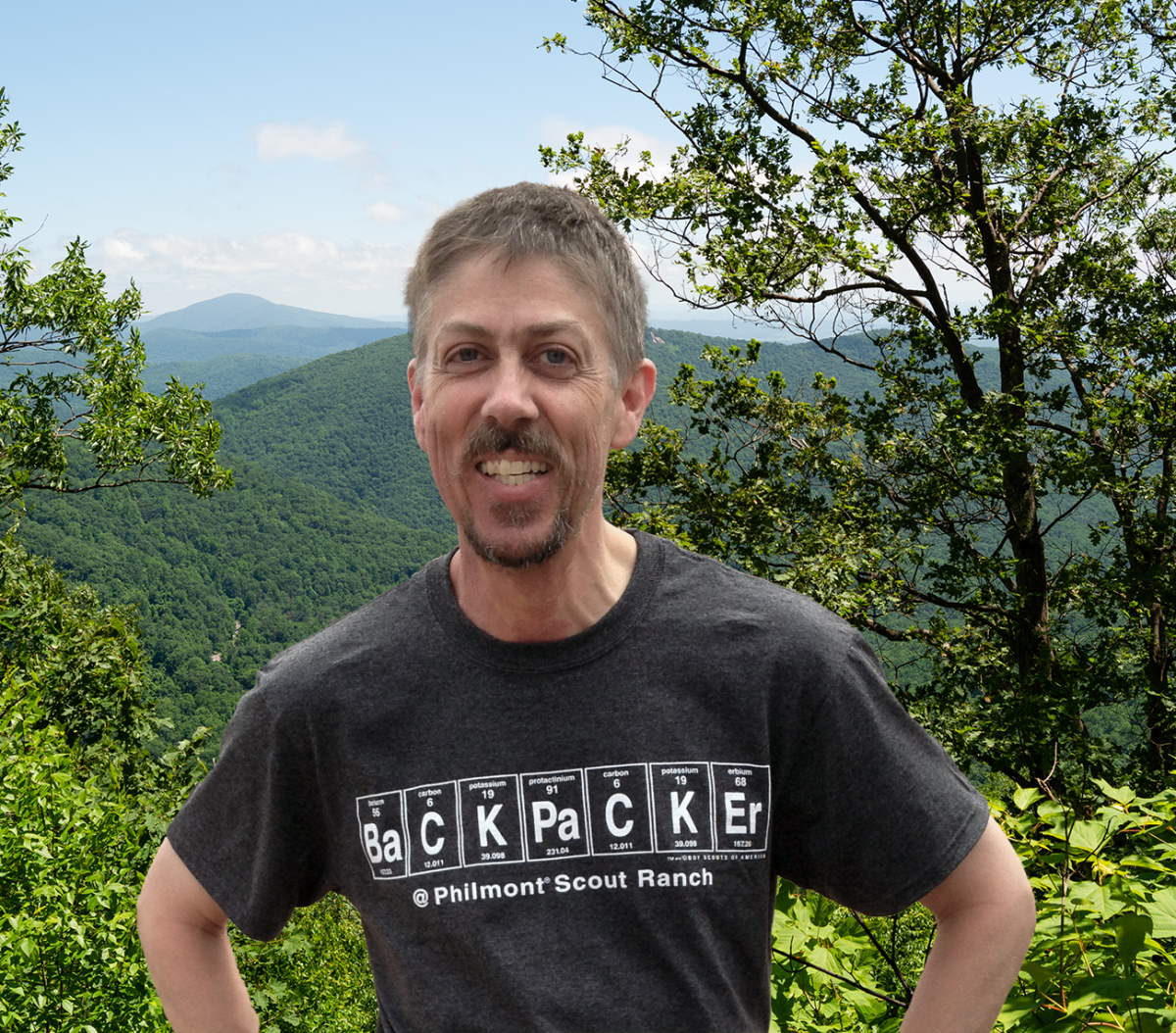Professor Dean Johnston
Professor Dean Johnston
Department of Chemistry
Otterbein University
Abstract
New synthetic routes to metal-halide cluster materials
Octahedral metal-halide clusters have unique electrochemical and photophysical properties making them excellent precursors to inorganic materials with potential applications in optical devices, catalysts, or sensors. Metal salts of the molybdenum halide clusters are typically prepared using high-temperature solid-state reactions. Working with a team of undergraduate research students at Otterbein University, my lab seeks to develop milder routes to materials via solvated metal cation and metal complex cation cluster salts. The hexaacteonitrilenickel(II) and hexaaquanickel(II) salts of the cluster were prepared via direct combination of the hydronium or cesium salt of the molybdenum halide cluster and nickel nitrate in ethanol or acetonitrile, respectively. Diffraction-quality single crystals of bipyridyl, terpyridyl, and cyclam complex ion salts with the molybdenum chloride cluster were successfully grown using non-aqueous gel diffusion in polyethylene oxide / acetonitrile gels. The resulting products were characterized by X-ray diffraction, Raman, FT-IR and thermogravimetric analysis.
Dean Johnston
As an inorganic chemist working at an undergraduate institution, my teaching focuses primarily on General and Inorganic Chemistry and ChemInformatics. My research encompasses the areas of synthetic inorganic chemistry, bioinorganic chemistry and crystallography. Our current research goals center on developing new synthetic approaches to preparing extended materials containing metal halide clusters. I also have created several instructional websites including an extensive set of materials for teaching concepts of point group symmetry (https://symotter.org).
Hosted by Mik Patel of the Blank group
